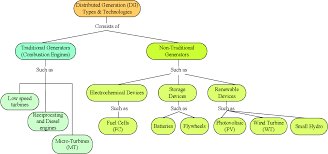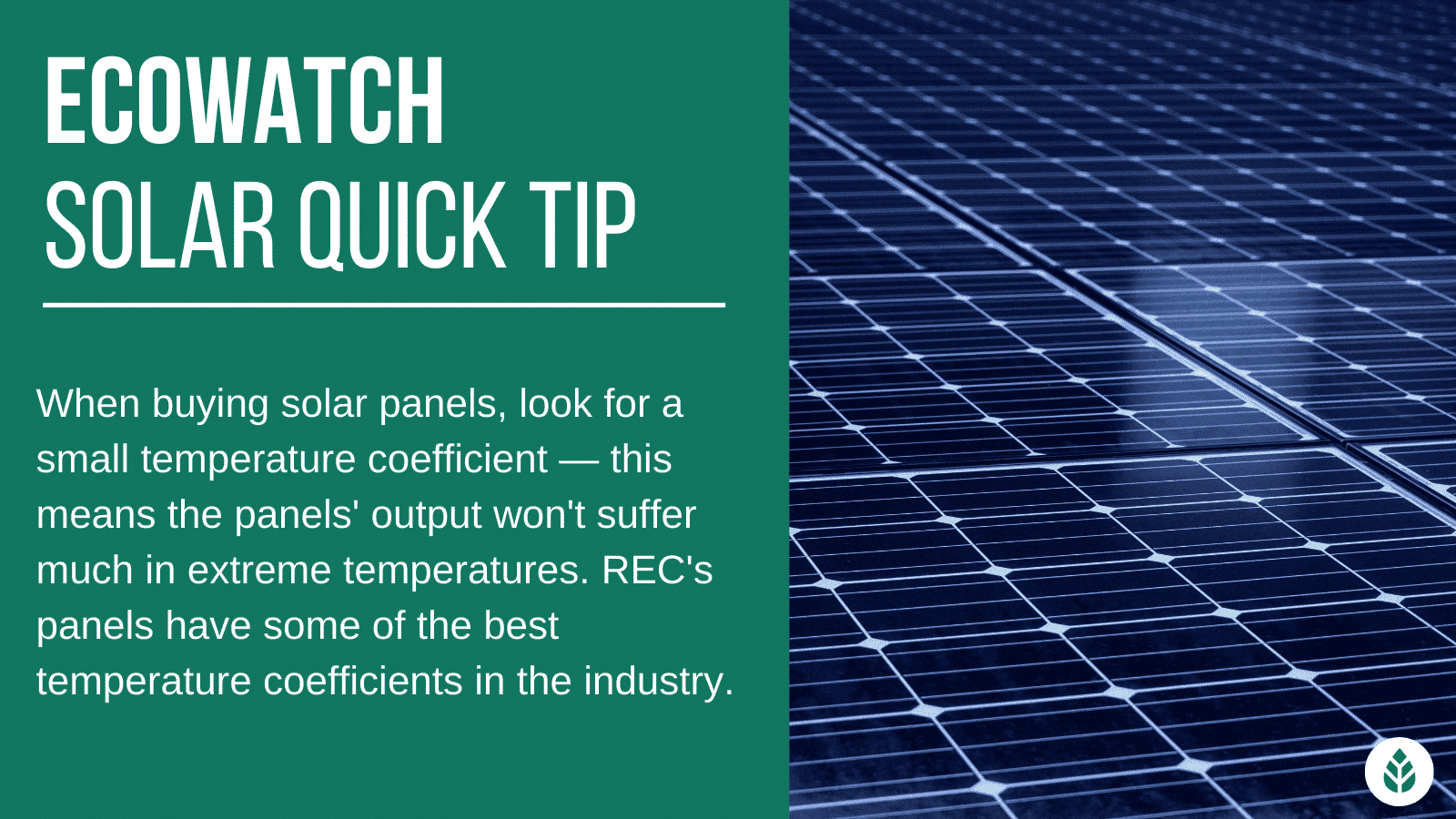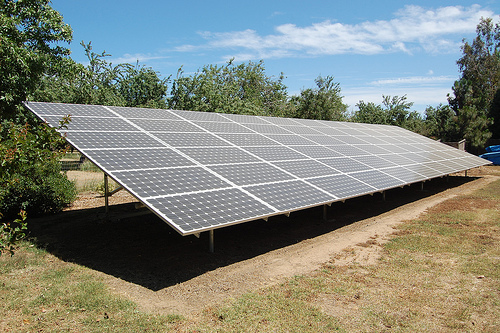
You can go solar in Vermont, which is great for many reasons. There are many benefits to using solar power. Additionally, there are State incentives that can be used to make it economically feasible. This article will focus on the tax credits that are available for solar energy systems. You can get solar panels for your house, commercial property or other purposes in Vermont.
Vermont Solar Energy: The Benefits
Vermont offers several financial incentives for going green. You have two options. You can either buy the panels upfront or pay monthly installments with a loan. Many states and federal governments offer tax credits to encourage the installation of solar panels. The federal Investment Tax Credit is one example. It allows you to subtract 30 percent from your tax bill for the cost of a panel system. Other states offer additional incentives, including the Vermont Solar Investment Tax Credit, which applies retroactively to solar systems purchased before 2022.
You can also have solar energy benefits depending on where you live. Because solar panels make use of sunlight, they will be more efficient if you live in a sunny area. Vermont receives less sun than the average American state. Vermont's average annual sunshine hours are 167, which is much lower than the national average of just 205 days. Even with less sunlight, solar panels in Vermont are still efficient enough to offset energy costs.

Tax credits for solar energy systems
Vermont offers substantial incentives for solar panel investments. Vermonters can receive tax credits that will pay 30% of the cost for a solar energy system. You can also expect substantial energy savings every year. In fact, installing a solar system in Vermont will save the average homeowner more than $1,300 per year.
ITC is one important tax credit in Vermont. It could save you up to $26,000 on your system. An average solar system costs $17.220. This means that most homeowners can claim $4,477 in credit. You can carry the ITC balance forward to future tax year.
Vermont's Renewable Portfolio Standards (RPS), a great solar incentive, is another. This program encourages utilities produce more renewable energy. If a state has strong RPS policies, utilities have to purchase or produce enough solar energy to meet certain standards. These utilities offer incentives to homeowners who have solar energy systems installed in their homes.
Incentives at the state level for solar energy systems
Vermont has a long record of progressive leadership. They have continued this tradition with solar energy policy. Its net meters rules allow solar owners to earn a combined compensation rate that almost matches retail price. It has not taken major steps to increase solar energy use in the State. Instead, the state finances the Small Renewable Energy Incentive Program that offers financial incentives to residents who make investments in solar energy systems.

The incentives offered in Vermont vary but they all encourage Vermonters to be more energy-independent. State rebates, low interest loans and a 100 percent exemption from the sales tax are some examples of incentives. Also, tax credits as well as net metering programs offer incentives for solar energy and other renewable sources.